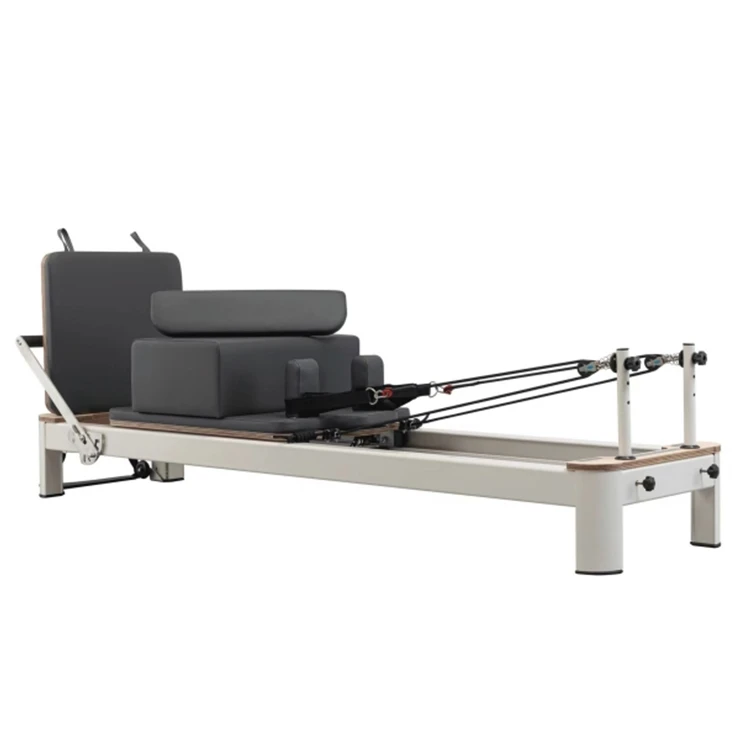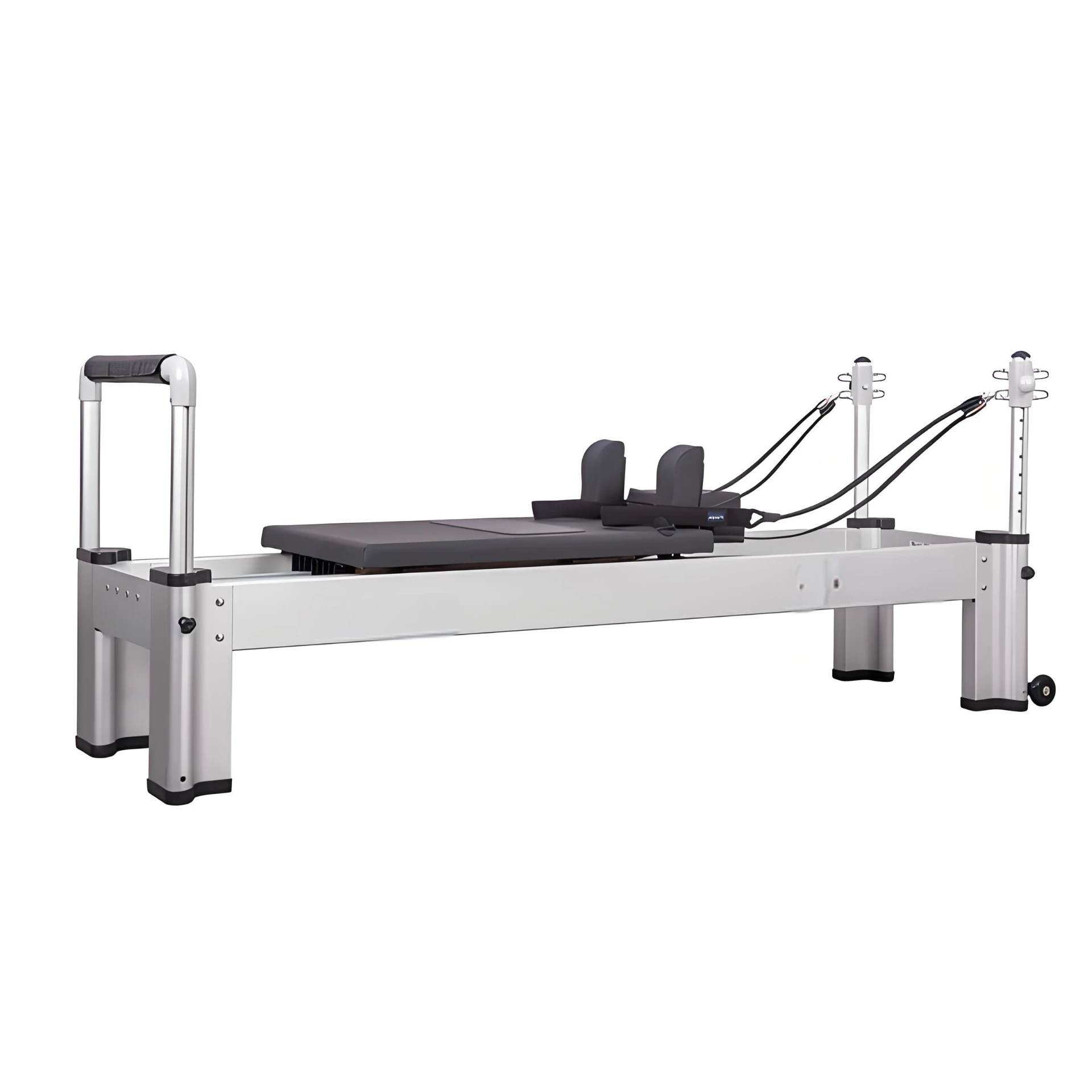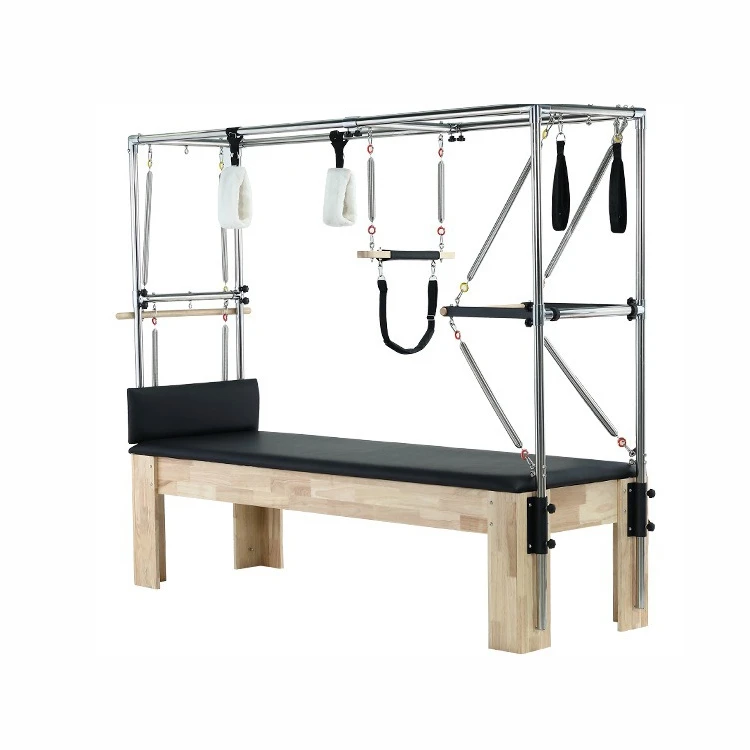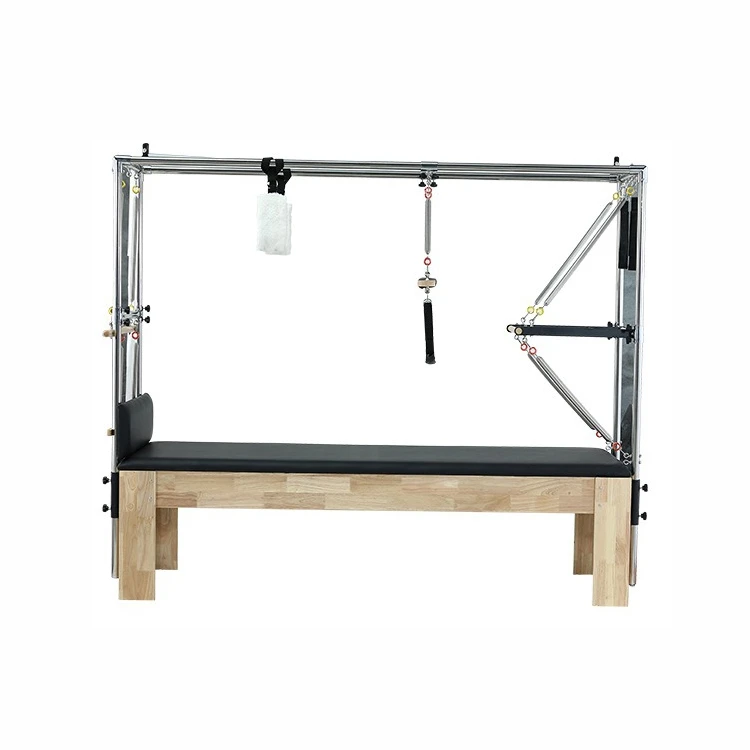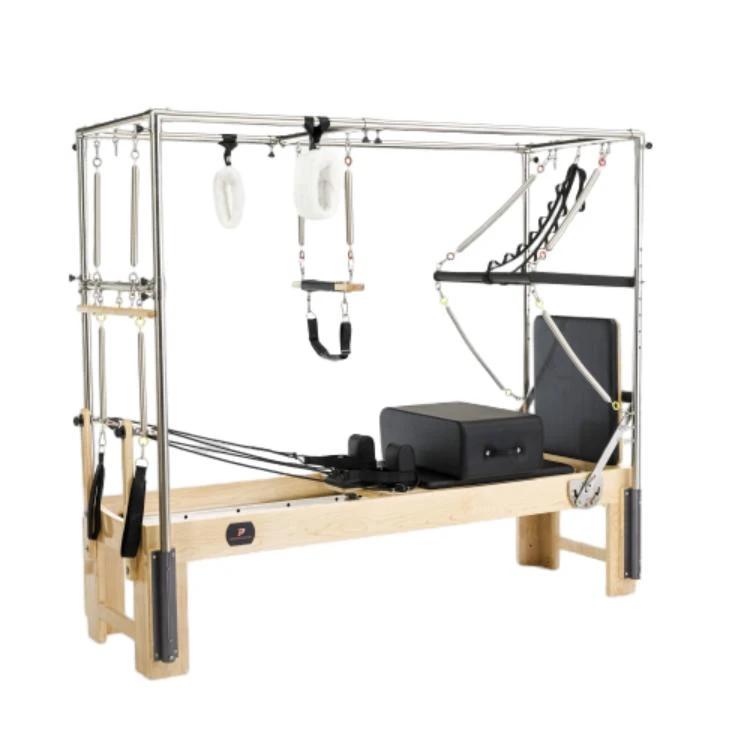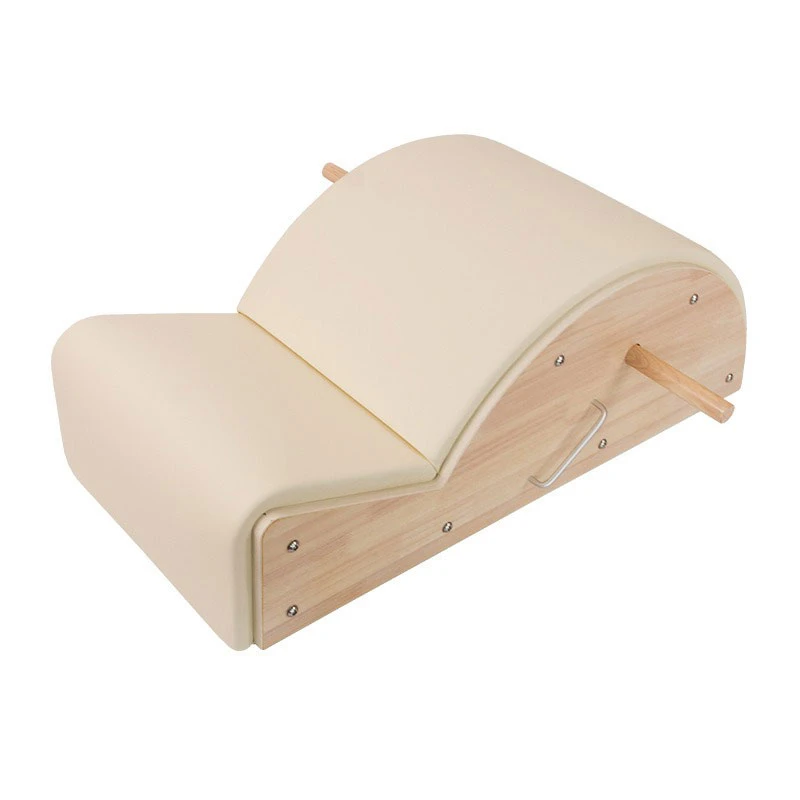Feb . 12, 2025 10:40
Back to list1111
foldable pilates reformer
Understanding the journey of exercising during pregnancy can be both exciting and nerve-wracking, especially when deciding what modifications are needed in the first trimester. Reformer Pilates offers a perfect synergy of maintaining fitness and ensuring safety, but is it advisable during the early stages of pregnancy? This in-depth exploration of Reformer Pilates during the first trimester will offer insights into its benefits, precautions, and expert recommendations, focusing on enhancing well-being and promoting a healthy pregnancy.
Expert Opinions on Reformer Pilates for Pregnant Women Leading fitness professionals and medical practitioners advocate for the inclusion of Reformer Pilates during the early stages of pregnancy, provided there's clearance from a healthcare provider. The rationale is rooted in its ability to offer functional fitness while supporting mental well-being—a key ingredient during the transformative first trimester. Christine Jennings, a renowned prenatal fitness expert, highlights that Reformer Pilates aligns with the dynamic changes occurring in a woman's body during the first trimester. It nurtures a connection between mind, body, and breath, paving the way for a healthier pregnancy. Her insights are echoed by Dr. Lisa Norman, an obstetrician, who stresses the importance of tailored exercise plans. Adaptability and specialized instruction ensure that Reformer Pilates remains a safe, beneficial practice throughout the journey of pregnancy. Building Trust and Setting Foundations for Safe Practice The foundation of incorporating Reformer Pilates during the first trimester lies in trust—trust in the expertise of instructors and medical advisors, and in one's own body. Establishing clear communication with healthcare providers and fitness experts anchors the safety and efficacy of the exercise regimen. Mothers-to-be can enhance trust by participating in certified prenatal exercise programs and taking part in community groups for shared experiences. This empowers them to tune in to their evolving bodies and make informed decisions. In conclusion, Reformer Pilates presents an avenue of opportunity for pregnant women seeking a gentle yet effective form of exercise in their first trimester. It stands as a testament to the harmony between physical fitness, mental resilience, and well-being during pregnancy. By drawing on expert guidance and personal intuition, expectant mothers can confidently step into a fitter and more mindful pregnancy experience.

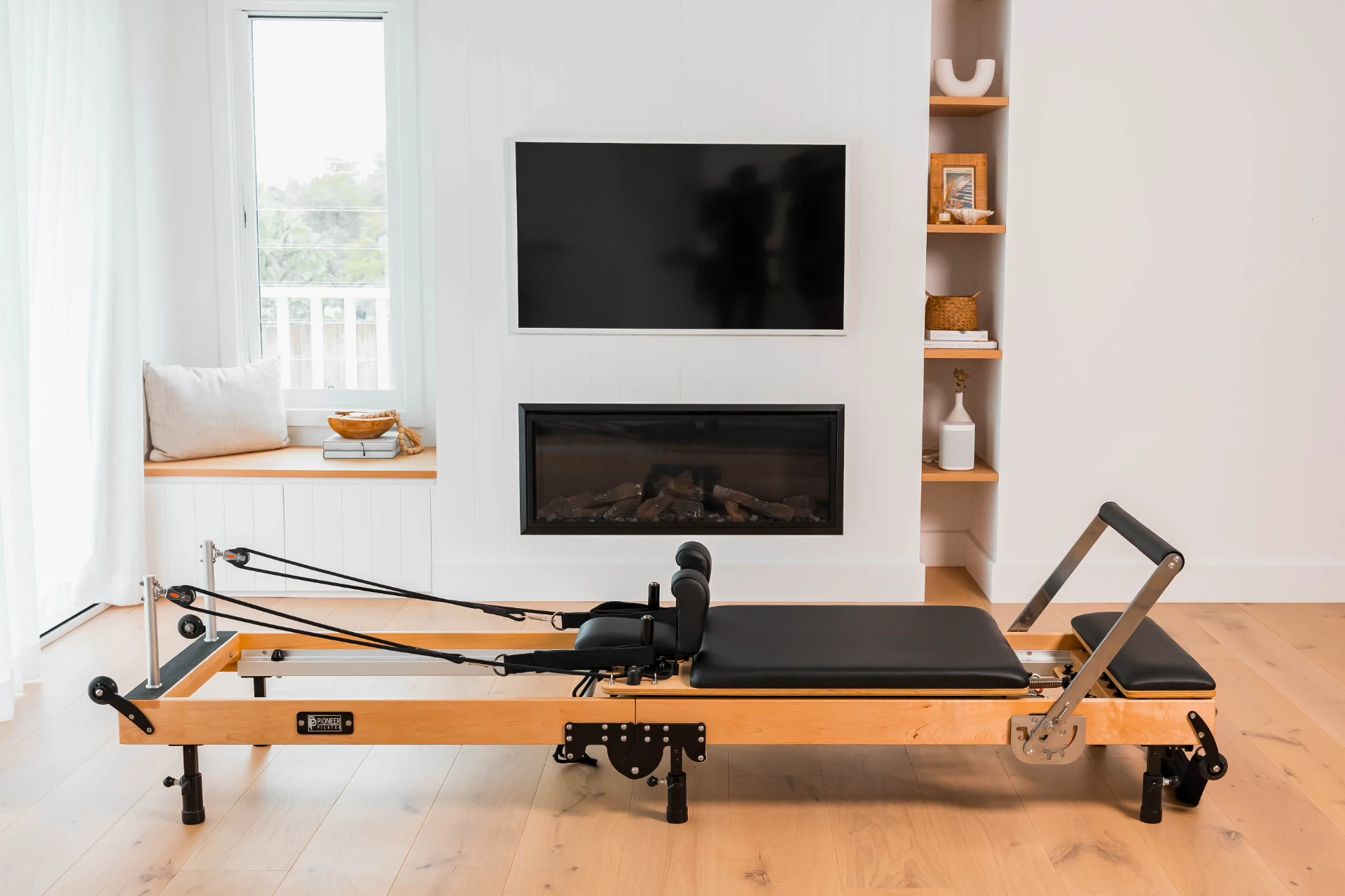
Expert Opinions on Reformer Pilates for Pregnant Women Leading fitness professionals and medical practitioners advocate for the inclusion of Reformer Pilates during the early stages of pregnancy, provided there's clearance from a healthcare provider. The rationale is rooted in its ability to offer functional fitness while supporting mental well-being—a key ingredient during the transformative first trimester. Christine Jennings, a renowned prenatal fitness expert, highlights that Reformer Pilates aligns with the dynamic changes occurring in a woman's body during the first trimester. It nurtures a connection between mind, body, and breath, paving the way for a healthier pregnancy. Her insights are echoed by Dr. Lisa Norman, an obstetrician, who stresses the importance of tailored exercise plans. Adaptability and specialized instruction ensure that Reformer Pilates remains a safe, beneficial practice throughout the journey of pregnancy. Building Trust and Setting Foundations for Safe Practice The foundation of incorporating Reformer Pilates during the first trimester lies in trust—trust in the expertise of instructors and medical advisors, and in one's own body. Establishing clear communication with healthcare providers and fitness experts anchors the safety and efficacy of the exercise regimen. Mothers-to-be can enhance trust by participating in certified prenatal exercise programs and taking part in community groups for shared experiences. This empowers them to tune in to their evolving bodies and make informed decisions. In conclusion, Reformer Pilates presents an avenue of opportunity for pregnant women seeking a gentle yet effective form of exercise in their first trimester. It stands as a testament to the harmony between physical fitness, mental resilience, and well-being during pregnancy. By drawing on expert guidance and personal intuition, expectant mothers can confidently step into a fitter and more mindful pregnancy experience.
Latest news
-
Types of Pilates Machines Used in Group Classes Versatility GuideNewsJul.07,2025
-
Pilates Spine Corrector Benefits for Posture and Core StrengthNewsJul.07,2025
-
Pilates Chair for Sale Adjustable Spring Systems for All Fitness LevelsNewsJul.07,2025
-
Ladder Barrel for Sale Commercial-Grade Wooden ConstructionNewsJul.07,2025
-
Eco-Friendly Pilates Studio Equipment Sustainable Materials GuideNewsJul.07,2025
-
Adjustable Pilates Chair Settings for All Fitness LevelsNewsJul.07,2025
Hot Products
Newsletter
Get the latest updates and offers...
Contact
We are always ready to help you.There are many ways to contact you.You may drop us on line. Give us a
call or send a an email.choose what suits you most.
- Address
- Room 1601, 1302, Building A, Zijingguandi, Qiaodong District, Xingtai City, Hebei Province, China
- Sandra@raetin.com
- Phone
- +86 18231139331

